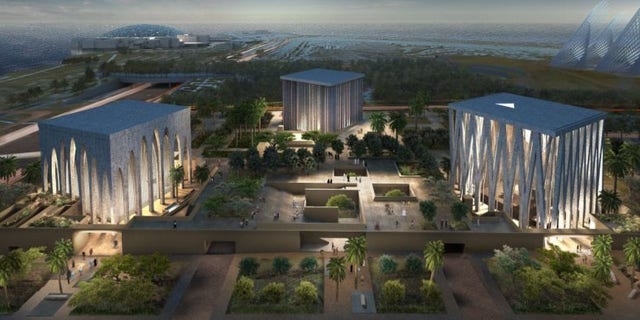
24 May 2012, Paris, France — Inter-religious meeting in a church — Image by © Pascal Deloche/Godong/Corbis
There are many people today who argue Islam and Christianity are locked in a civilizational war, a view that has become a rationale for a number of the Trump administration’s policies.
This argument, however, is an inaccurate and simplistic assessment of the relationship between these two faiths. Quite distinct from the apocalyptic struggle many espouse, an examination of the foundations of the Islamic faith shows respect for Christianity.
Islam is part of the same Abrahamic tradition as Christianity. Key figures within the Bible — Abraham (Ibrahim), Moses (Musa), Mary (Maryam), and Jesus (Isa) among others — are all respected prophets and figures within Islam. There is a chapter in the Quran about Mary and, within the Quran, Jesus is the only person who can perform miracles.
Within Islam, Christians and Jewish people are therefore treated as “People of the Book” whose rights and religious traditions were to be fully protected as monotheistic faiths with revelations understood to be earlier versions of the same revelation to the Prophet of Islam.
 In Gandhi’s lifetime, there were enough Muslim Gandhis. How can their message be reclaimed in these troubled times?
In Gandhi’s lifetime, there were enough Muslim Gandhis. How can their message be reclaimed in these troubled times? University of Delaware professor seeks to reframe religious narrative
University of Delaware professor seeks to reframe religious narrative
 The world’s 1.8 billion Muslims look to one country above all others.
The world’s 1.8 billion Muslims look to one country above all others.
 In the aughts, a number of Christian conservative figures, including Pat Buchanan and Austin Ruse,
In the aughts, a number of Christian conservative figures, including Pat Buchanan and Austin Ruse,  The
The 

 (CNN) – An angry outburst at a mosque. The posting of a suspicious YouTube video. A friendship with a shadowy imam.
(CNN) – An angry outburst at a mosque. The posting of a suspicious YouTube video. A friendship with a shadowy imam. Although the site is remote, it has plenty of symbolism: Beginning this Sunday,
Although the site is remote, it has plenty of symbolism: Beginning this Sunday, 